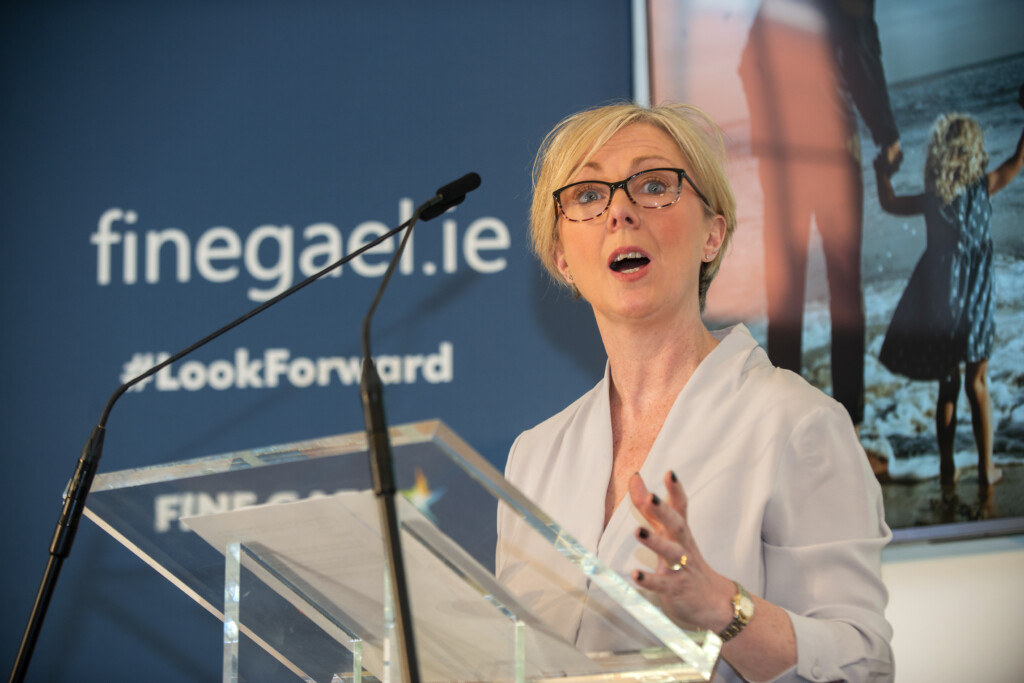Fine Gael MEP Regina Doherty has called for EU regulators to ensure that electronic communication firms and platforms do more to tackle the “scourge” of scam texts and fake online ads.
She said that as a result of lax regulation, “many people are defrauded of thousands of Euro every year.”
She said that greater legal responsibilities must be extended to electronic communication firms as part of the new EU Payment Services Regulation, due to be finalised this year.
“Every day countless people are plagued with scams by way of texts or internet fraud that can often be quite sophisticated. It is not right that people often fall victim to such frauds without communication firms or online platforms taking responsibility for the fraudulent material spread using their networks.”
“We are all told we need to be more vigilant, and not to respond to messages or click on links sent by suspicious sources. These frauds often take the form of fake online advertisements purporting to offer financial services or products but actually aim to steal people’s money. However, it is only right that the companies that provide such communication networks and online platforms also face up to their responsibilities in ensuring that their services are not being manipulated to promote fraud and other illegal activities.
She believes that the EU has a role to play in tackling the issue.
“I believe it is important that online communication firms and platforms be required to ensure that ads which promote financial services or products are verified by the relevant national authorities across the EU,” she said.
“Telecom operators should also be required to block texts or calls from spoof companies promoting financial scams. I welcome the commitment in the new Programme for Government to develop a national blocking system for such messages. But online communication companies need to play their part.
“So much of our lives are based online, and it is only right that responsibility to tackle scams that make use of online communications to defraud people should also be shared with online communication providers such as social media platforms. It should not be acceptable to rely on such fraudulent accounts as a source of company revenue. I hope to see action on this at EU level in the coming months.”
